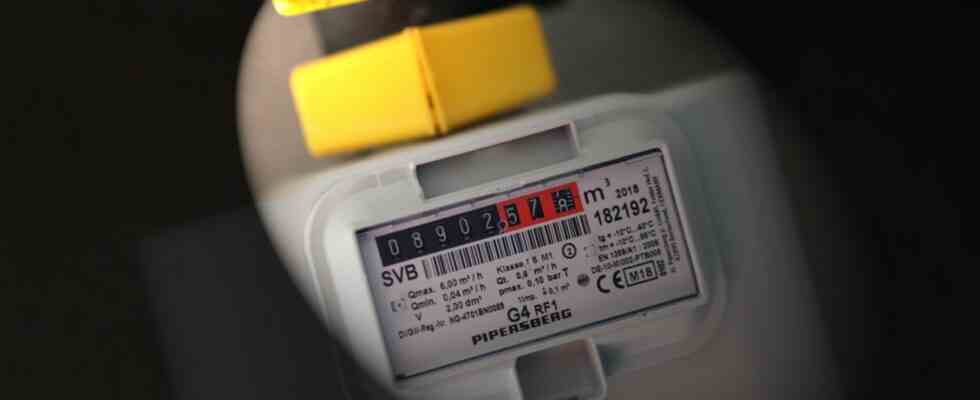It sounds like real excitement: companies that benefit from the financial relief provided by the gas price brake should still be able to pay bonuses and distribute dividends. How can that be? Claim state aid and pay out money at the same time? Isn’t that outrageous?
You understand the resentment about it, says the economics Monika Schnitzer. Allowing bonus and dividend payments while the gas price brake is in effect is “not plausible,” she says. But the government obviously sees things differently. Because although the budget committee of the Bundestag has called for a ban on bonuses and dividends – at least taking into account “reasonable criteria” – there is no general regulation in the draft law.
But as so often in life, the situation here is much less clear than it appears at first glance. Yes, the combination of government energy price support on the one hand and monetary benefits for owners, managers or shareholders on the other triggers an immediate and understandable sense of injustice. In fact, there are some pretty good arguments for the government’s position.
First of all, it is not the case that there is no stop sign for the distribution of profits and the payment of variable remuneration in the draft law of the Green Federal Minister of Economics. If the state enters a company as an investor in order to save the company from collapse, a ban on dividends and bonuses should take effect. The same procedure was used in the Corona crisis with the Economic Stabilization Fund, which has now been reactivated for the electricity and gas price brake and given fresh credit authorizations: Where the state becomes a co-owner, keyword Lufthansa rescue, no dividends flow and no profits are distributed – except , that’s the special highlight, to the federal government itself.
In addition, a general ban on dividends and bonuses could certainly lead to problems of differentiation. In the case of small and medium-sized companies, for example, the question arises as to how the owner should deal with the withdrawal of profits. If the master roofer takes profits from his company in order to make a living from it: can he still use the gas price brake? Or is that a profit distribution that is forbidden?
In some companies, the bonus also makes up the majority of directors’ and managers’ salaries. You can of course find such a fee structure fundamentally wrong. Nevertheless, the question arises as to whether remuneration models of this type should automatically lead to exclusion from the gas price brake.
In principle, one should once again consider the nature of the gas price brake – and the goal that is being pursued with it. It is not a lifeline that the state uses to save struggling corporations from final collapse. Thousands of small and large Unipers are not saved here from the greatest need by the state getting involved.
Rather, the gas and electricity price brake is a large-scale government instrument intended to help the German economy across the board to make it through this energy crisis. The goal is to preserve the industrial core of the country, to get the middle class and the trades through the crisis, to prevent chain reactions and the disappearance of entire branches of the economy. Aids that are too restrictive carry the risk of not achieving this goal.
The feeling of disturbance in the justice region of the pit of the stomach is understandable. Yes, companies will also take advantage of the relief that would not have needed this help. Speed and as little bureaucracy as possible are always at the expense of accuracy. This is an awkward dilemma, but one that can hardly be overcome at the moment. But at the same time it is also a task. Because some crisis instruments could be tailored more sharply if the data situation and digitization of the administration allowed it.

